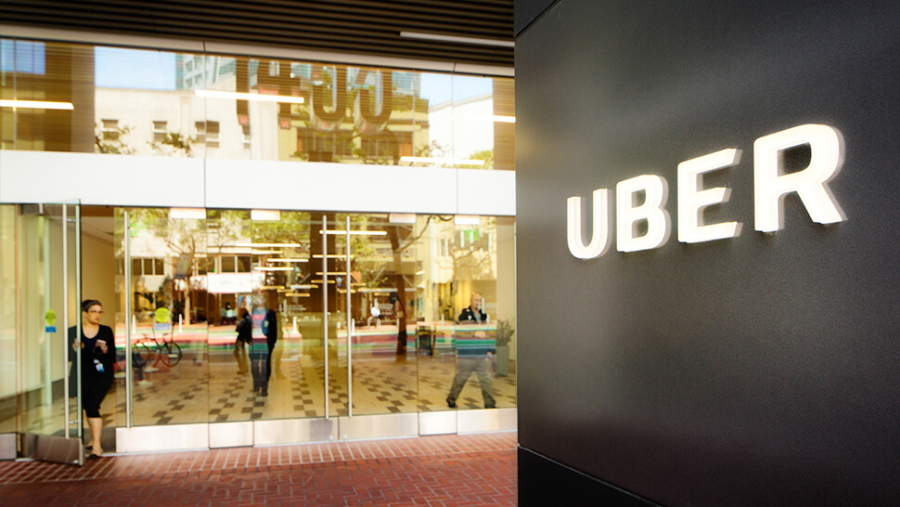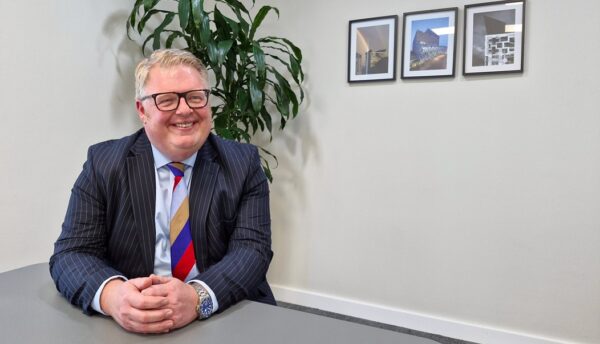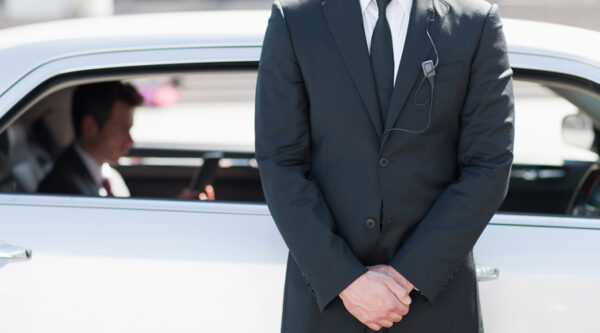

Uber London Limited now has a 15-month licence to operate in London on a probationary basis, after its appeal against the refusal of its application for a renewal of its Private Hire Vehicle Operator’s licence by Transport for London (TfL) was heard at Westminster Magistrates’ Court.
The company which has spread the ride-hailing app across the world had been told that TfL believed it was not fit and proper to have its licence renewed last September. The company appealed, and continued trading, as it was allowed to do until the appeal was heard. Uber has been granted the shorter licence instead of the five-year licence it had originally wanted.
The case came to court and within two days Chief Magistrate Dame Emma Arbuthnot ruled that Uber was fit and proper to hold a licence. TfL gave the following reasons for their original decision:
- Uber’s approach to reporting serious criminal offences.
- Its approach to how medical certificates were obtained.
- Its approach to how Enhanced Disclosure and Barring Service (DBS) checks were obtained.
- Its approach to explaining the use of Greyball in London – software that could be used to block regulatory bodies from gaining full access to the app and prevent officials from undertaking regulatory or law enforcement duties.
In her oral judgment, the Chief Magistrate accepted that TFL decisions were driven by their clear priority to ensure public safety. Uber made representations on how it had reformed and addressed TfL’s concerns. The firm pointed to its agreement with the Metropolitan Police to report serious crime. Its licence now has a clear set of conditions to include that it will undergo an independently verified audit every six months, it will report all serious safety complaints and it will also inform TfL of any major data breaches. No doubt TfL will monitor these conditions and enforce where appropriate.
Uber agreed to pay TFL’s legal expenses for the appeal, reported to be £425,000.
Stewart Wright, Harrison Clark Rickerbys’ taxi licensing specialist, said: “The collision between Uber’s disruptive and innovative business model and the established regulatory system for taxi licensing created an interesting legal phenomenon, but it also confirmed that licensing authorities can keep a tight grip on both regular taxi licences and ride-hailing firms.
“It will be interesting to see what happens in 15 months’ time, when Uber presumably will apply again for a longer licence; both TfL and the taxi trade will be keeping a close eye on how they handle areas of concern between now and then. I should also imagine councils such as our second city, Birmingham will be giving careful consideration to the outcome of this case”










